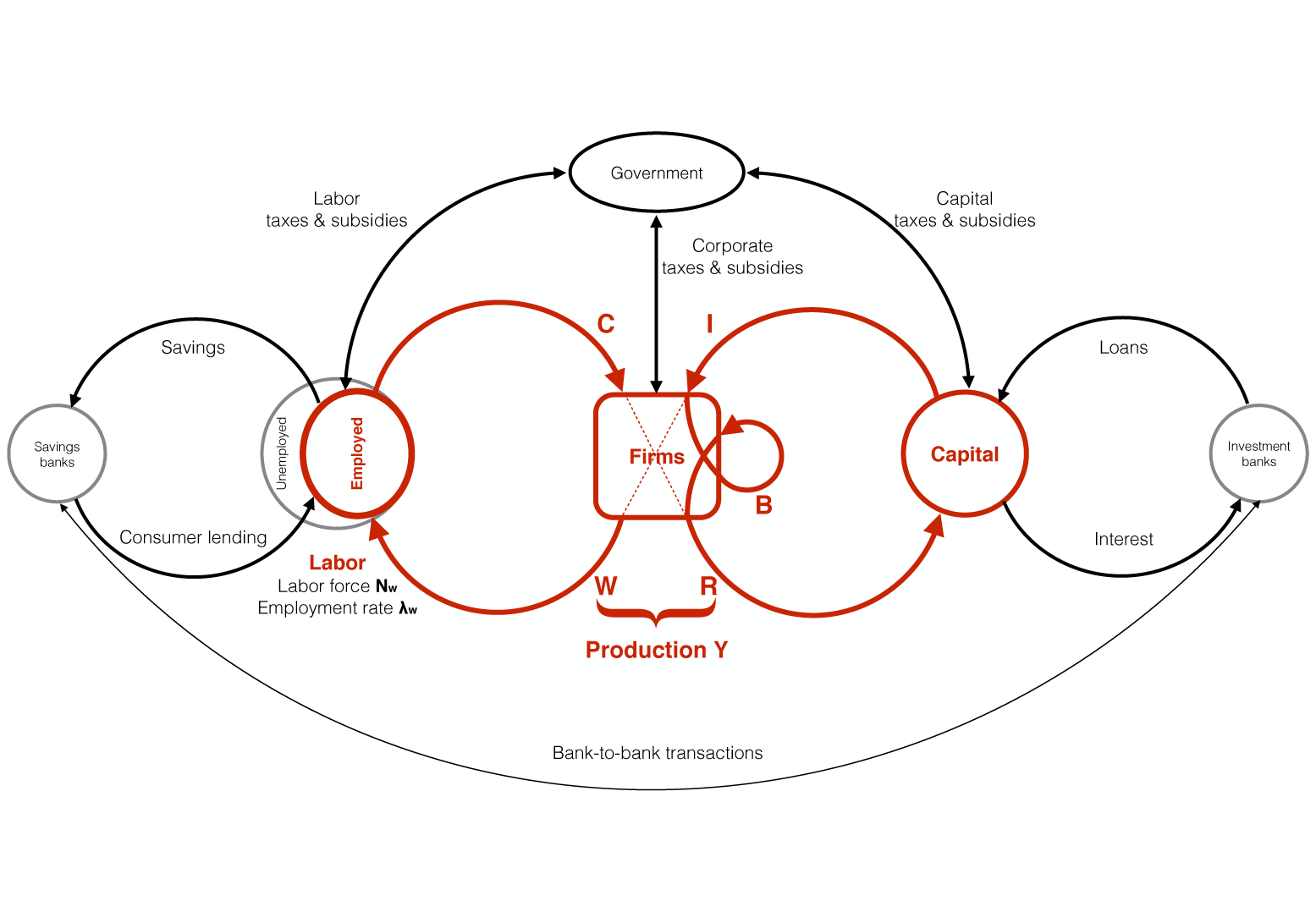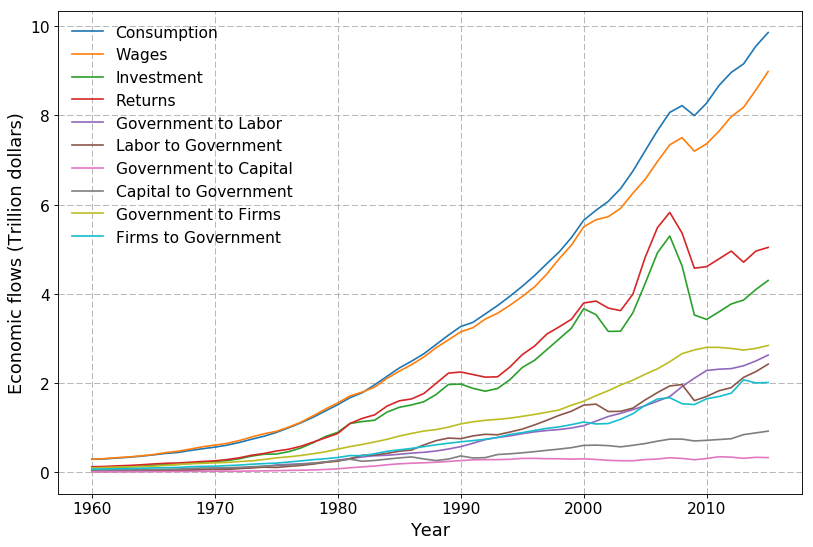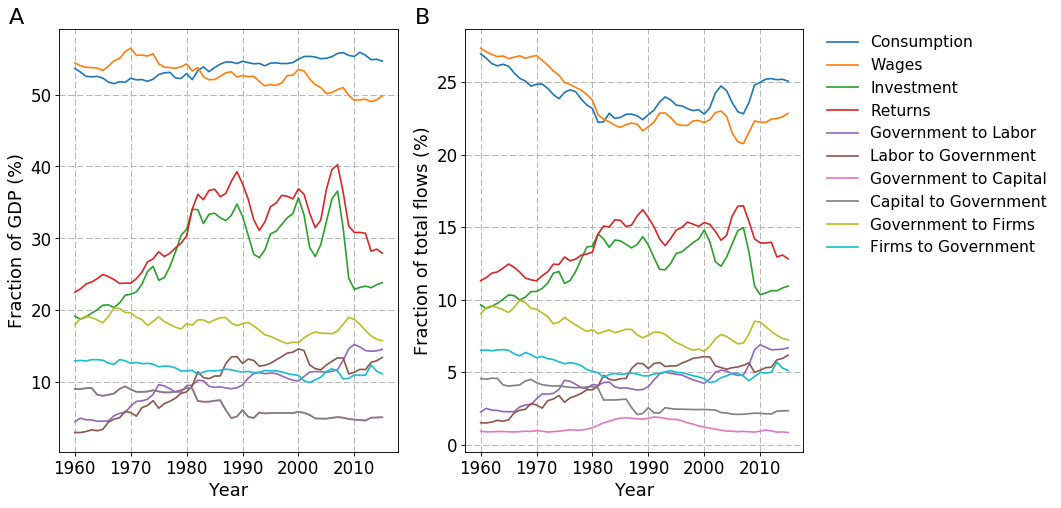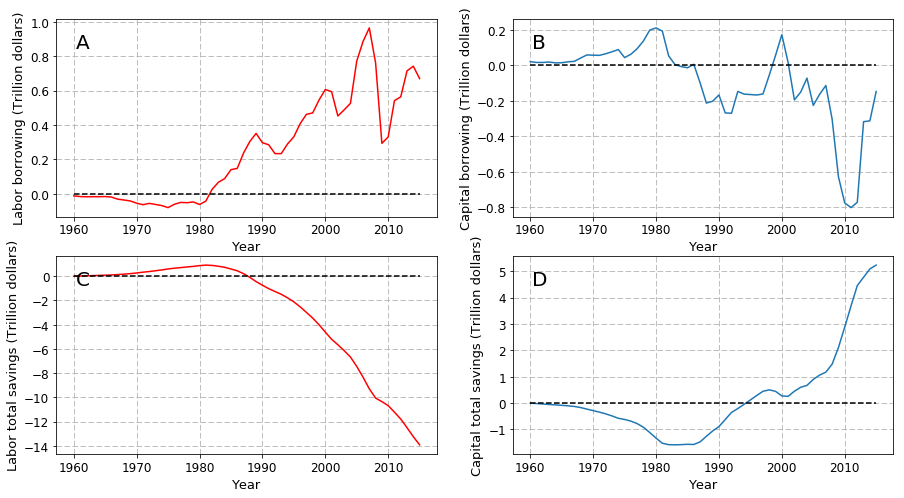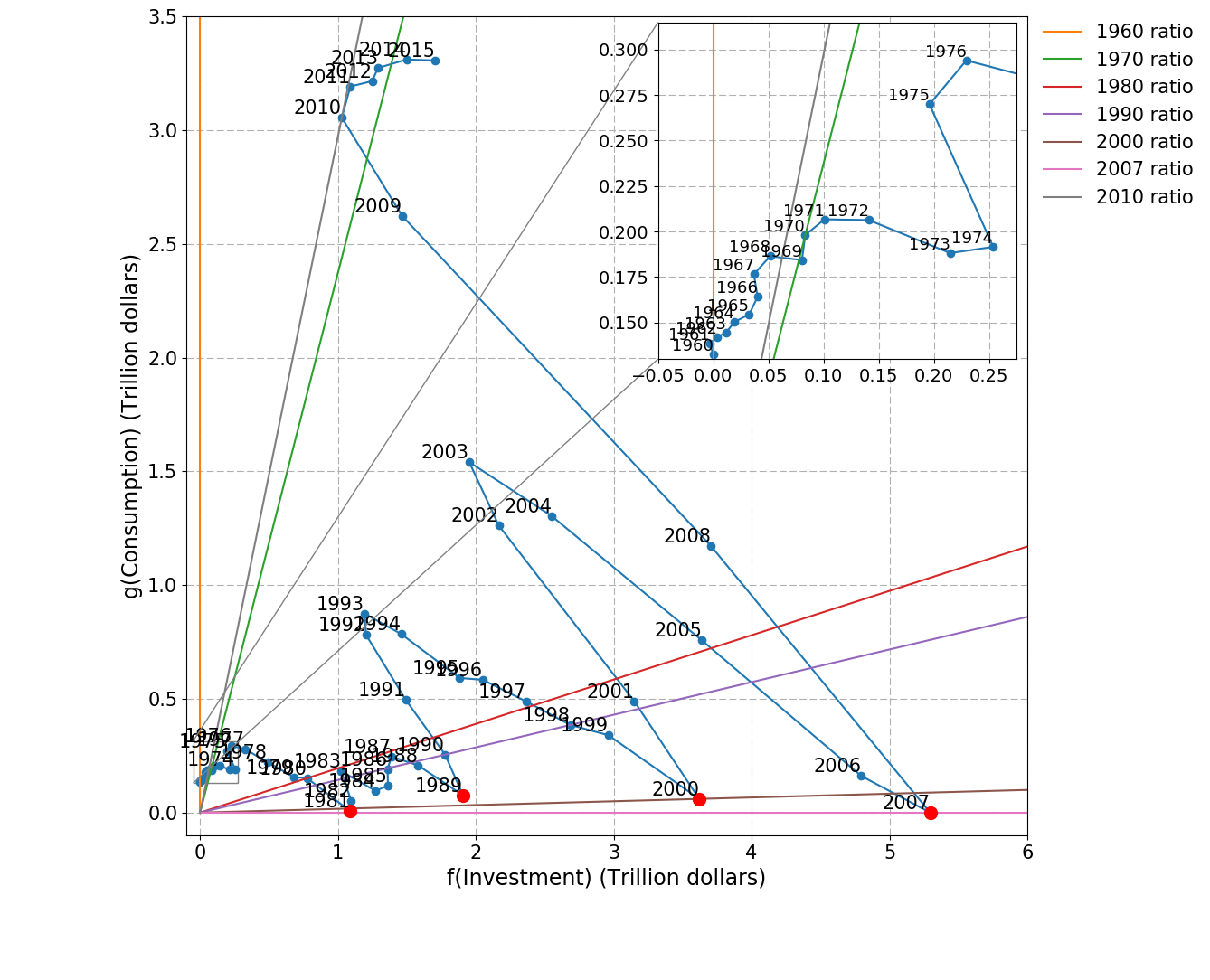Source: Reality has a surprising amount of detail, by John Salvatier
This turns out to explain why its so easy for people to end up intellectually stuck. Even when they’re literally the best in the world in their field. … At every step and every level there’s an abundance of detail with material consequences.
…
You can see this everywhere if you look. For example, you’ve probably had the experience of doing something for the first time, maybe growing vegetables or using a Haskell package for the first time, and being frustrated by how many annoying snags there were. Then you got more practice and then you told yourself ‘man, it was so simple all along, I don’t know why I had so much trouble’. We run into a fundamental property of the universe and mistake it for a personal failing.
…
You might think the fiddly detailiness of things is limited to human centric domains, and that physics itself is simple and elegant. That’s true in some sense – the the physical laws themselves tend to be quite simple – but the manifestation of those laws is often complex and counterintuitive.
…
This surprising amount of detail is is not limited to “human” or “complicated” domains, it is a near universal property of everything from space travel to sewing, to your internal experience of your own mind.
you might think ‘So what? I guess things are complicated but I can just notice the details as I run into them; no need to think specifically about this’. And if you are doing things that are relatively simple, things that humanity has been doing for a long time, this is often true. But if you’re trying to do difficult things, things which are not known to be possible, it is not true.
The more difficult your mission, the more details there will be that are critical to understand for success. You might hope that these surprising details are irrelevant to your mission, but not so. Some of them will end up being key.
…
You might also hope that the important details will be obvious when you run into them, but not so. Such details aren’t automatically visible, even when you’re directly running up against them. Things can just seem messy and noisy instead. … Another way to see that noticing the right details is hard, is that different people end up noticing different details.
…Before you’ve noticed important details they are, of course, basically invisible. It’s hard to put your attention on them because you don’t even know what you’re looking for. But after you see them they quickly become so integrated into your intuitive models of the world that they become essentially transparent. Do you remember the insights that were crucial in learning to ride a bike or drive? How about the details and insights you have that led you to be good at the things you’re good at?
This means it’s really easy to get stuck. Stuck in your current way of seeing and thinking about things. Frames are made out of the details that seem important to you. The important details you haven’t noticed are invisible to you, and the details you have noticed seem completely obvious and you see right through them. This all makes makes it difficult to imagine how you could be missing something important.
…
If you wish to not get stuck, seek to perceive what you have not yet perceived.
